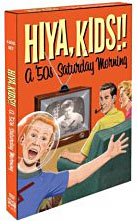
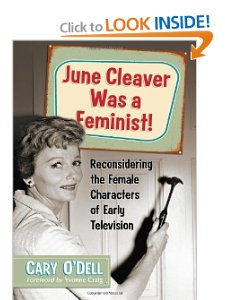
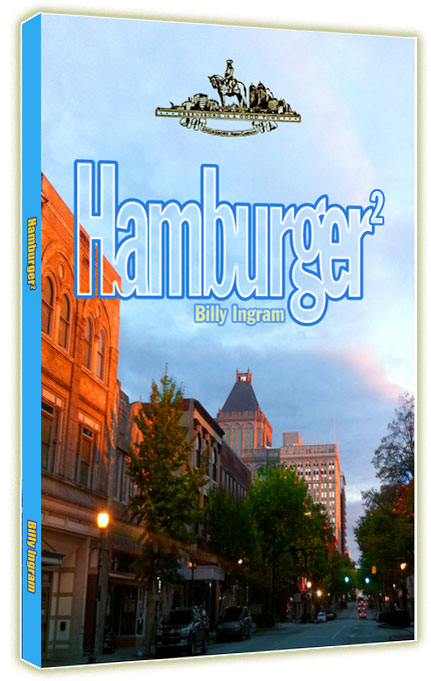
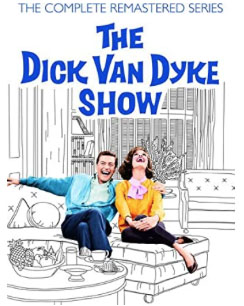
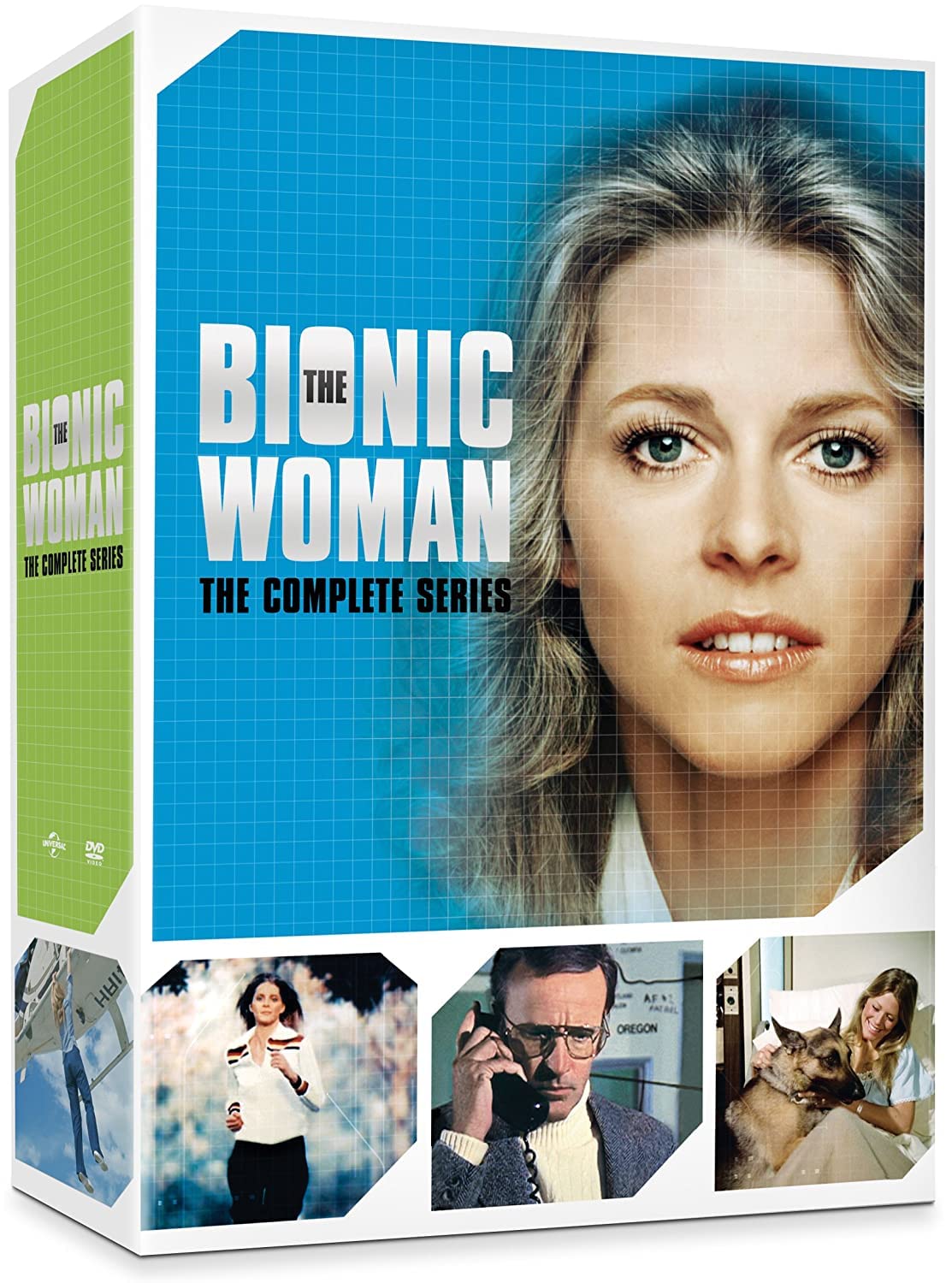
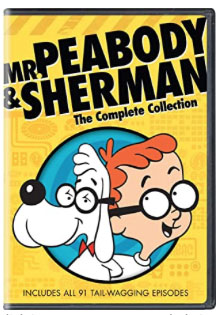
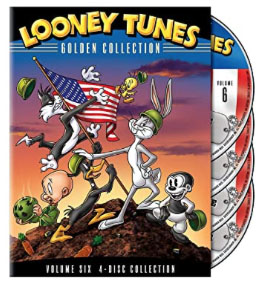
 |
 |
 |
 |
 |
 |
 |
|
| |
|||||||
|
PART TWO - by L. WAYNE HICKS Part One - Interview with Simon Jones Q: It seemed as the BBC spent a lot of money on Zaphod's second head, which didn't quite work. A: No. Mark Wing-Davey resented that strongly, especially because it cost eight times his own salary. It's odd because in real life it actually looked quite good. We were sort of impressed when it was demonstrated to us. Its eyes opened and shut and its mouth moved. Somehow, once it was there on the screen, it looked like an unanimated piece of putty. It didn't seem to do anything, did it? Well, it didn't have anything to do, either. It was almost as though they were embarrassed by it so it didn't get any jokes. Q: The good lines went to Š A: The talking head. Which makes sense. Q: Were you the obvious choice to recreate the role Arthur Dent, on television? A: Oh, yeah. Apparently there was never any question. Never any question, actually. There was a problem with Ford because we had a different one. Geoff [Geoffrey McGiven] was doing a play and couldn't get out of it and I think the BBC became impatient and moved on, which is not very nice, I thought at the time. I liked David Dixon very much, but he wasn't Jeff, you know, the original.
A: I think probably, yes. It was nice not having to get dressed for it. It's a pity I didn't wear a beard for most of it, too, I then would not have had to shave, either. I still have the bathrobe. Q: Did you costume yourself or was that a BBC issue? A: It was a BBC-issue bathrobe and it's very hard to reproduce. It seemed to me to be a very standard, very ordinary bathrobe and in fact that was the intention. But when the fans started looking around for others, they could never find one. So it turned out to be quite unique. The thing about my particular dressing gown is it has "AD" embroidered on the pocket so we know it's the original and genuine. Otherwise you would never know from any other except, as I say, it's certainly become a hard one to find. Q: Do you wear that as your own dressing gown? A: I did. Not now. I keep it in a mothproof bag in the closet and wheel it out on the occasions when I need it.
A: Yes. I wouldn't say I was an addict. I was more into gothic horror stories myself. Genteel ghost stories, like those of M.R. James. Because Hitchhiker's is rather more than just science fiction. Not that "just science fiction" is a rather nice way of describing science fiction. But there's more to it than creating a fantasy world in which one can lose oneself because he's actually saying a lot about the nature of the way we live, the irritations of everyday life. Q: Do you think adding humor to science fiction makes it more palatable to a larger audience? A: I think it may. I think that may well be it. It's sending up its own genre, actually. I think that's true. I think yes, science fiction with a sense of humor is terrific. Science without a sense of humor is desperate. Q: Someone was telling me they thought it was ironic that Douglas Adams, who started Hitchhiker's with the world being destroyed, spent so much time trying to save the planet's species. A: Very much so, yes. In fact in the original plan he had, before the shape of the story really came together, he wanted to demolish the earth in every episode. But people pointed out the futility of that, I think, simply because it wouldn't be there after you'd done it the first time. Certainly there's a great irony that he then dedicated himself to saving the species. I think it was a very important trip that he went with Mark Carwardine on the trip [for the book] Last Chance to See. He loved travel. Once he got to these really exotic places with Mark he really became fascinated in that and in Diane Fosse's gorillas. I think also suddenly having the wealth that he never expected, he wanted to do something with it, something useful. And he certainly did. One of the reasons I think Douglas found writing so difficult, it's been suggested by some of his contemporary writers, is that success came so quickly. I mean immediately. He said it was like getting to Mount Everest without climbing the foothills. Or like having an orgasm without having the foreplay. There he was suddenly, and he probably didn't quite know how he got there. Whereas many novelists sort of battle away at it until they finally break through, write every day and all that sort of thing, and he was not in that habit. I think that's probably why it was so hard for him. Q: He was more a last-minute, miss-deadlines kind of writer? A: Yeah. I understand Stephen Sondheim is like that with a musical. It doesn't affect the quality of the work in the end, it just does terrible things to a psyche. I have to have a deadline. Well, a lot of people do.
A: In a way I didn't have to act, I suppose. Which is quite often the hardest thing to do. It was also a very easy thing to do. I didn't have to put on anything complicated. I was very sympathetic to Mark Wing-Davey having to be Zaphod with the extra head because it weighed something as well. Or poor Sandra [Dickinson] having to squeeze into that plastic outfit. All I had to do was slip on a bathrobe. It was fairly easy. What did I like about it particularly? I don't know. I can't give you a complicated intellectual answer, I don't think. Because it was wonderful to be a cult figure - at that stage when I still believed that I was indeed Arthur Dent - I felt a little bit like Alice Lideel, the original Alice, or Alexander Selkirk, the original Robinson Crusoe. Or Christopher Robin Milne, indeed. Heavens, I thought, I'm a prototype for a work of art. Isn't that fun. They'll probably mention that in my obituary, I thought. Q: Was the radio show more fun to do? You just had to stand there reading the script. A: Yes, you did. You just stood there. The most important thing was not to make the pages rattle as you turned them over. Oh yes, it's a very clinical, untheatrical experience doing it that way. Especially not even having an audience. You didn't have to give a performance. Well, you had to give a performance but not an immediate one. Q: Which version was more interesting for you to do? A: I still prefer the radio. It's just more interesting as an intellectual exercise. There are too many scenes, with the TV series there's so much that's out of your control. It's true with films as well. You really have no say on what you're going to look like in the end. Indeed, why should you? But being aware of that, you do feel a little powerless. You can really only do what you're told. With the radio you can be a little more creative. You can still end up on the cutting room floor. All you have to do is say what's written on the page. Q: Why do you think the Hitchhiker's Guide books and TV series and radio series still has an audience today? A: Good question. I suppose it's because they are funny. There's more to them than just being funny. I think we share a lot of his frustrations I think the irritations that Arthur feels, he meets these strange people in these strange places is something that we in a diffracted society, also feel. Things are not familiar. Less and less things become familiar as our lives progress. Whereas in the old days people used to stay in one place pretty well for their entire lives. We're all traveling around trying to get use to the unfamiliar. And I think in a way Arthur Dent's experience is very similar to those that we have. The way he handles it is either a reflection of the way we do or a handbook in how not to. Q: What brought you to America? A: My wife, I think. She brought me over. She was the American manager of the Monty Pythons. She knew Douglas before I did, because she was the contact they set him onto when he first came over here himself, well before I did. They met then. In fact, we would have met at Douglas' 30th birthday party, which I organized, except that I then went off to San Francisco with my then-girlfiend, for a holiday. Douglas was always rather annoyed that he hadn't actually brought us together. It was up to John Cleese to do that. He and I had done a film together, Privates on Parade, and he asked me to do the extra lines in the Meaning of Life, the last film they did, and so I did. Sometimes they wrote scenes with seven people in it except for six. And they couldn't do all of them, even though they played everything including the women. So that was fun, and that's where I met Nancy. Douglas was delighted because he didn't know we were going to meet under those circumstances. Q: What was the hardest part to get used to about living in the United States? A: Hmm. I don't know. Let me think. Driving on the wrong side of the road doesn't bother me at all. I don't know. In fact, I have to say I found it surprisingly easy. I didn't find it a difficult adjustment at all. I think that's probably why I'm hesitating to answer. I don't think I found it at all difficult, as long as I could be sure to bring my own supply of tea bags because I'm sorry, Liptons just don't do it for me. Q: What's your brand? A: Marks & Spencer extra strong. My wife's become addicted as well. Q: You're the world's most famous hitchhiker, but have you done much hitchhiking in your life? A: Well, I used to. Of course, one doesn't now. Yes, I used to hitchhike around England. Not a great deal, but before I had a car. I had many an amusing adventure, I suppose, none of which I can remember now, but we got about. I don't know many people do it now. I think the risks are too great, sadly. Q: What did we lose when we lost Douglas Adams? A: I think we lost rather a lot, actually. We all lost a good friend, a wonderfully generous, loyal kind friend who'd pop into town and say, "Right! Let's go have dinner." And you'd pick up the conversation as if you just dropped it. He was with us on a number of occasions. He was the first to know that Nancy was expecting. Because he happened to be in Los Angeles. He always kept turning up, like some ubiquitous figure of fiction. When I decided to ask Nancy to marry me, we happened to be in a large Checker taxi at the time, we were actually our way to Windows on the World on the World Trade Center because Douglas had said that he'd always wanted to eat there. He was driving across from Los Angeles so could we book? We did. You had to book three weeks in advance, at least. And he'd never been here long enough to do that. So we did that and Terry Gilliam was flying down from Toronto. We were going to be in Windows in the World. It seemed like the best place to announce our engagement. When we arrived the matre'd was wringing his hands with gloom because somebody had set off the fire alarm and the entire kitchen was covered in green foam. We were sent away, but at least with a bottle of champagne. This rather impressive meeting of people from all directions was defused, so then we really had to announce our engagement just to make the evening even remotely memorable. Q: Do you get recognized now as Arthur Dent? A: It's funny you should say that. It is bizarre to me, the years having gone by, it's the voice that gives it away. I'm always recognized when I go to a sound studio that I haven't been to before because sound engineers were all sort of brought up on it, I think. This is a dead giveaway about the voice. It was the pits of my film career. I appeared as Rene Russo's accountant on the other end of a phone in The Thomas Crown Affair, the redo, because the casting director rang up and said look you don't even have to get dressed for this or learn the words. He obviously knew I liked to wander around in a dressing gown. I was on a microphone in another part of the building playing her accountant. But my voice was clearly heard on the phone. So clearly that I had an e-mail from a friend in South Africa who said was that you? I'm not even credited. But it was amazing how many people actually knew that was me. |
Please consider a donation
so we can continue this work!
Amazon Prime - unlimited streaming PR4 & PR5 Pages for Advertising
Amazon Prime - unlimited streaming PR4 & PR5 Pages for Advertising
|
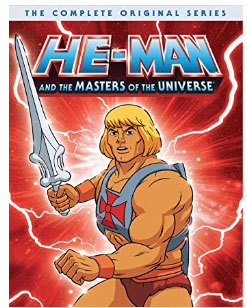 |
 |
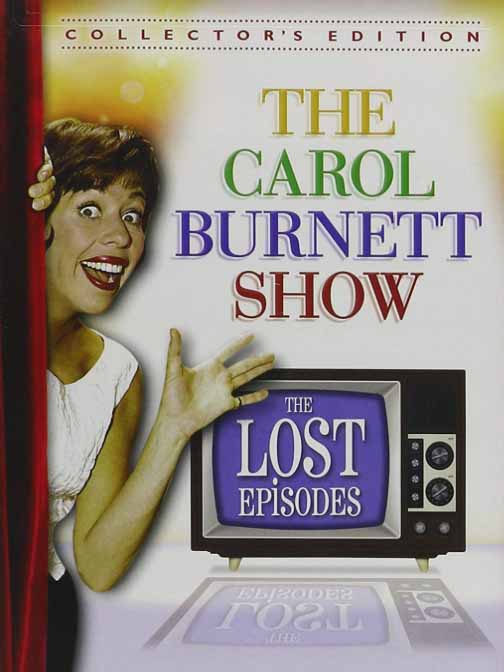 |
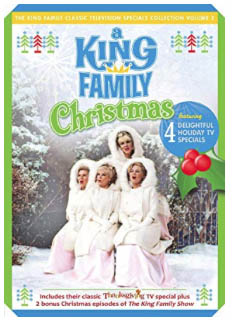 |
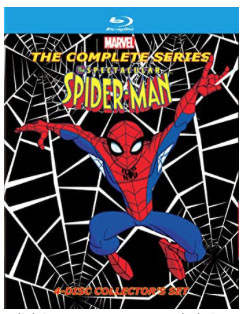 |
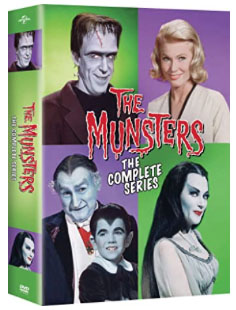 |
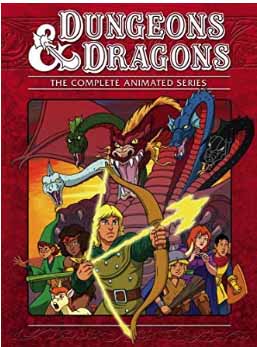 |
|
| TV Shows on DVD/ / / / / / / Classic TV/ / / / / / / Punk Book/ /
/ /
/ / / / / / /
Holiday
Specials on DVD / /
/ / / / Classic
Commercials |
|||||||
Save money! |